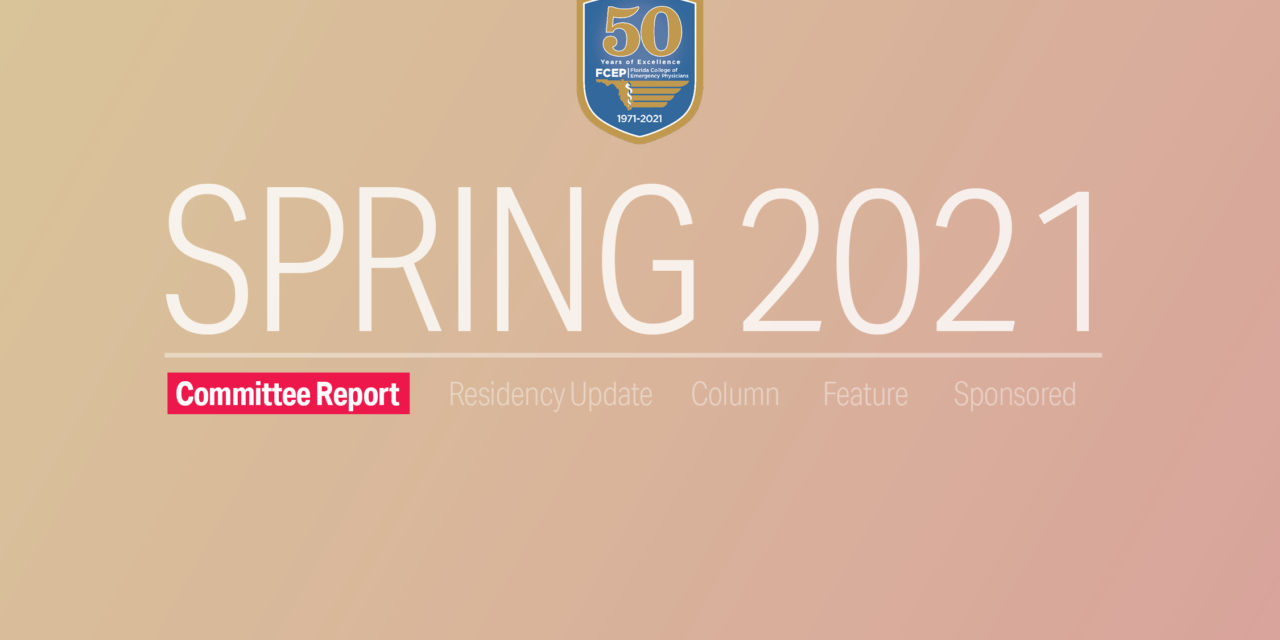Spring 2021: Pediatric Committee
Pediatric psychiatric holds have been the norm for years in the emergency department (ED) with a shortage of pediatric beds nationwide. Unfortunately, the problem has only grown worse during the pandemic. With schools closed, routines disrupted, and parents anxious over lost income or uncertain futures, children are shouldering burdens that many were unequipped to bear. With the number of hospitalized COVID-19 patients, bed space is even scarcer for these patients. Most states are seeing upwards of a 400% increase in pediatric psychiatric holds. Kids’ mental health-related visits have climbed steadily since the start of the pandemic, according to a recent CDC report. This has created a crisis of its own in pediatrics.
Studies and surveys in Asia, Australia, the U.S., Canada, China and Europe have shown overall worsening mental health in children and teens since the pandemic began. In a World Health Organization survey of 130 countries published in October, more than 60% reported disruptions to mental health services for vulnerable people, including children and teens. There are no national studies on pediatric ED wait times for mental health treatment. According to a recent review published in the journal Pediatrics, small studies show that up to 60% of U.S. children who need inpatient care are boarded in EDs, often with little or no mental health care during those waits. Shortages of pediatric psychiatrists in some areas and hospital closures in others have worsened the problem and contributed to rising ED mental health visits. The number of U.S. children’s mental health hospitals dropped from 50 to 38 between 2008 and 2018. The number of U.S. hospitals reporting that they offer any inpatient psychiatric services to adults or children dropped by almost 200 from 2008 to 2018, when the tally was 1,487, according to data from the American Hospital Association.
The ED boarding of pediatric psychiatric patients was a problem prior to COVID that has now become exponentially worse, and a return to the world we knew prior to the pandemic may never occur. The mental health crisis for children during the COVID pandemic has been worse than COVID itself in its effect on the pediatric population worldwide. More resources will need to be allocated soon, or this crisis will turn into a pandemic of its own.
This article is part of the following sections:








